No products in the cart.
5
- Course No E – 1824
- PDH Units: 5
Course No E - 1824
PDH Units: 5
5
- Course No E – 1824
- PDH Units: 5
Course No E - 1824
PDH Units: 5
Intended Audience: Mechanical, HVAC & Environmental Engineers
Credits: 5 PDH Units
Most people think the refrigeration system’s job is simply to remove heat from an object. Actually there is no such thing “remove” the heat since heat is a form of energy than can’t be destroyed. We can only transfer heat from one place to another. Even though it is easier to think of refrigeration as the process of making things cold, it actually is the process of transferring heat from one place to another. It could also be said that refrigeration is the transfer of heat from one place where it is not wanted (walk in cooler), to another less objectionable place (outdoors). One way to achieve this objective is by “mechanical refrigeration system” and the other is by “vapor absorption system”. The mechanical refrigeration system is the most common and practical method generally in use. It consists of 4 essential components:
- An Evaporator to absorb heat into the refrigerant system
- A Condenser to reject the heat from the refrigerant system
- A Compressor to establish the pressures required to force the heat to travel "uphill."
- A Liquid Metering Device to regulate the flow of refrigerant and to establish two pressure zones.
Learning Objectives:
At the successful conclusion of this course, you will learn the following knowledge and skills:- Understand the concepts of heat theory and state the basic principles of refrigeration
- Understand different types of refrigeration system components and their operation
- Understand and classify common refrigerants according to their application
- Understand the requirements for Ozone protection and the Clean Air Act
- Understand the safety requirements for handling and storage of refrigerants
- Understand and recognize the basic types of commercial and domestic refrigeration equipment
- Understand the basic requirements for the installation of refrigeration equipment
- Understand different types of maintenance equipment and methods for basic maintenance, service and repair of refrigeration systems and components
- Understand the importance and use of maintaining, operating and inspecting logs for refrigeration equipment
Course Reviews
5
5
1 ratings - 5 stars1
- 4 stars0
- 3 stars0
- 2 stars0
- 1 stars0
Once completed, your order and certificate of completion will be available in your profile when you’re logged in to the site.

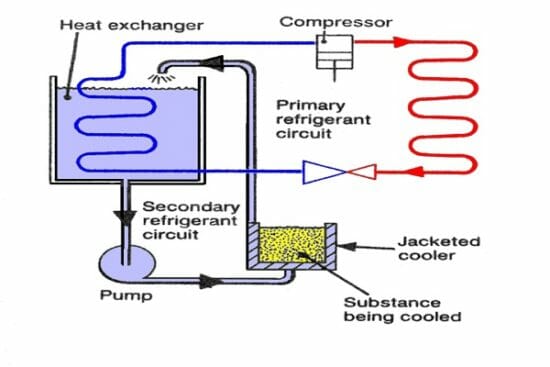


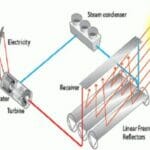

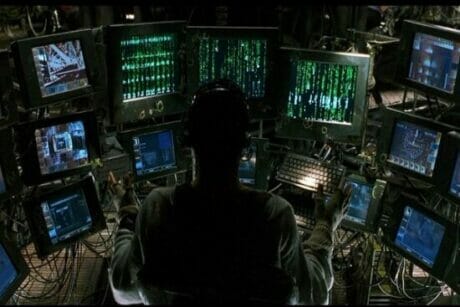
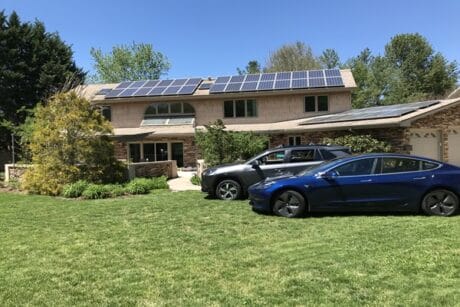
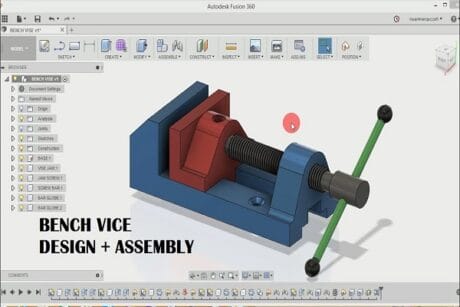
I found the course informative and detailed. The course contained the right amount of information for someone with the basic understanding of HVAC. The course took me over 5 hours to complete, but that may have been me. I am not always the fastest. Overall I would recommend the course.